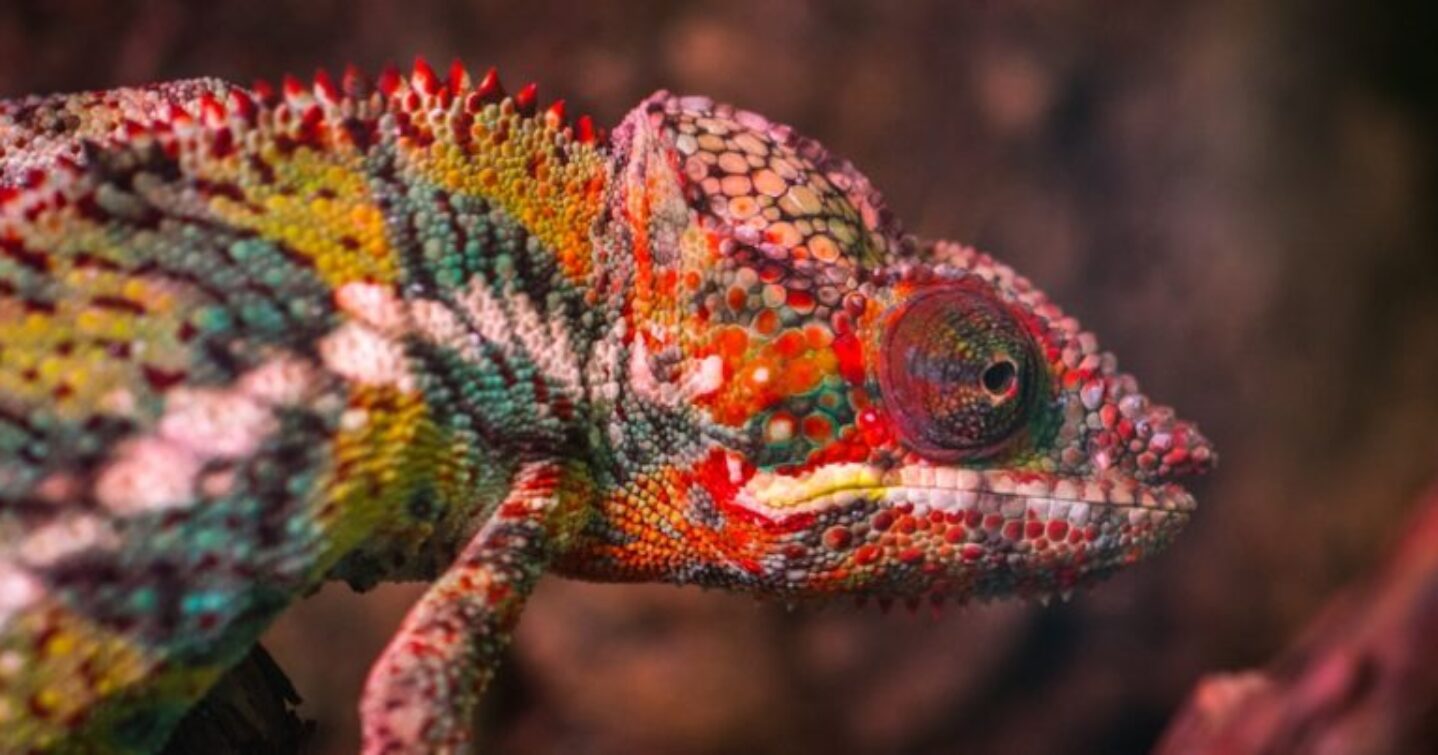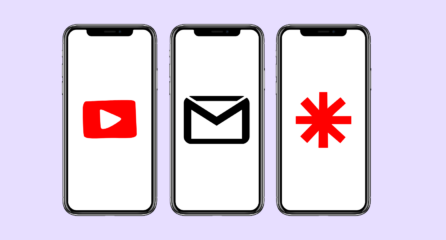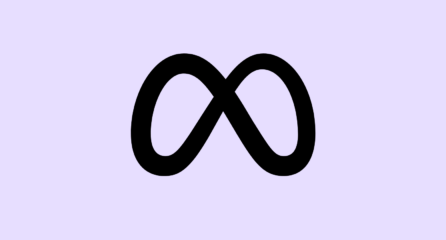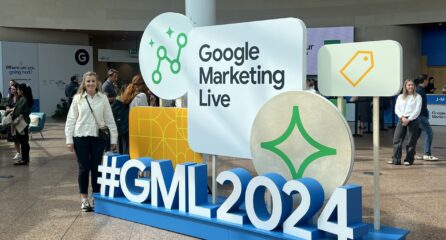Anyone working in biddable media will know that Google Pay per click marketing has been about way more just keywords for a long time. However, with the announcement that Google AdWords will officially rebrand as Google Ads from mid-July, it’s clear the company’s making a big statement about what direction they want their product to go in.
Our PPC expert Tommy Pearson explores why Google’s decided to make this change now, and what it could mean for businesses and advertisers.
This rebrand clarifies that Google is shifting its focus away from keywords and search marketing to something much broader and far more holistic. While it’s said it will continue “to help marketers connect with the billions of people finding answers on Search”, it also wants to reach people “watching videos on YouTube, exploring new places on Google Maps, discovering apps on Google Play, browsing content across the web, and more”.
Firstly, it’s worth noting that none of Google’s underlying products are actually changing. For the majority of advertisers, Search, Display, Shopping, YouTube and Google Play app ads will all be in the same interface, just with a new, more rounded-at-the-edges logo at the top of the page.
However, what Google is saying, is that a search campaign with a few keywords and a text ad isn’t going to cut it anymore. You’ve got to do more! And this rebrand is a great way of highlighting that there are other ways to spend your Google budget and get results.
So, is it really just a name change?
Not quite. There are a handful of interesting additions, too.
Google Ads will have a brand-new campaign type called “Smart Campaign”. Designed for small businesses who want to get the whole range of Google features, advertisers will be able to set what advertising goal they want to achieve. For example, phone calls, store visits, or online sales. Google will then use AI-powered automated tools to create ads, target them automatically and optimise their performance to achieve the results desired.
In fact, “automation” is the word on most advertisers’ lips right now, and Google is providing this service across all their channels. For small business owners and businesses with small budgets, this type of automation could be a great time saving option. However, larger budgeted accounts will continue to benefit from the added love and care that automation simply cannot provide.
Google’s other ad suites are also getting the rebranding treatment. DoubleClick for advertisers and GA360 will become Google Marketing Platform, and DoubleClick for Publishers and DoubleClick Ad Exchange will become Google Ad Platform. These changes will affect larger advertisers and agencies, supporting managers who go above and beyond what machine-learning can currently do, and consolidating how digital media buyers and sellers exchange their ad space. By bringing them within Google’s core ad services, it also hints that programmatic advertising may become more accessible to advertisers in the coming years.
Will these changes affect my campaigns?
No – nothing about the rebrand will directly impact your campaigns. However, it should make you question how you’re approaching your Google paid ad strategy. More than anything, this is Google’s way of telling advertisers that they need to start thinking differently about their paid ad campaigns.
So, ask yourself:
• Am I doing more than just basic keyword campaigns?
• What information do I know about my target audience?
• How am I getting my message in front of my ideal customer at the right time on any device?
For example, let’s take a 25-34 woman from Bristol who’s on her mobile during her evening commute home. You know she’s likely to convert, and Google knows she’s in the market for your very product. So, you need to layer all of that valuable information into your Search, Display and Video campaigns to start reaping the rewards. Simply sitting back and hoping that someone will Google your keyword just doesn’t cut it anymore.
At Loom, we’ve always known this is the case. That’s why we look at how we can capture as much searchless intent as we can through all channels. The basic search campaigns will never deliver the best possible results alone, and Google Ads is simply reflecting the current landscape. If you don’t adapt, you will be (and probably already have been) left behind.
So, is this the end of Search Marketing?
Definitely not. People will continue to search on Google and you will still need to be there. However, making sure that audience targeting, automated campaigns and the whole host of Google’s ad offerings are properly presented is now more vital than ever.
Furthermore, Display and Video are already huge channels, and Voice will only become bigger and more integrated into their systems. So if your soon-to-be Google Ads account isn’t making the most of all these features, it’s important you find an agency who can help you get the best results.
All in all, AdWords’ rebrand to Google Ads is simply a repositioning that highlights the start of a new era of paid online marketing. It’s certainly an interesting time to be an online advertiser!
If you have any questions about the Google brand change, then contact Tommy on [email protected].




